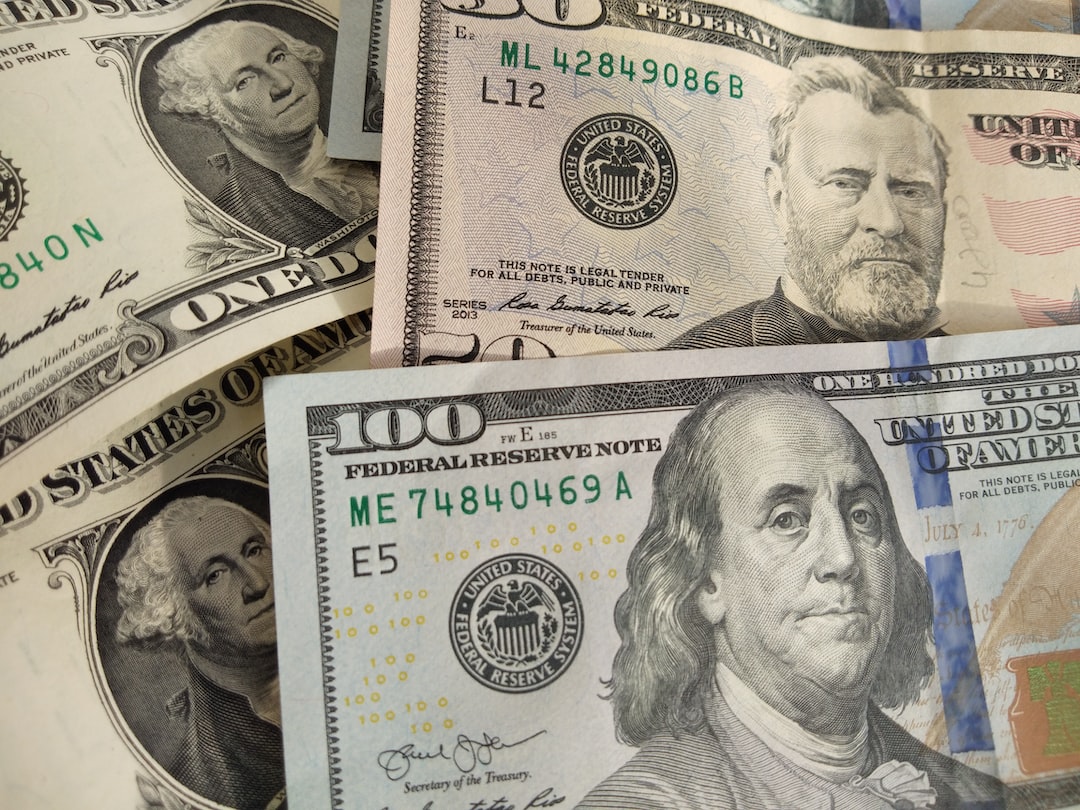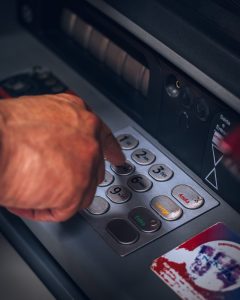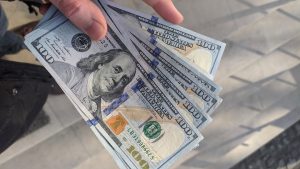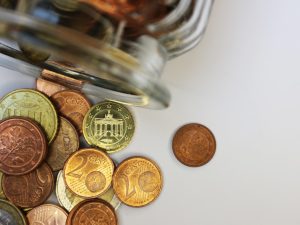Forex trading has become a popular way for individuals to invest their money and potentially earn profits. However, it is important to understand the costs associated with forex trading before you start investing. In this article, we will explore how much money you can expect to spend on forex trade.
Broker Fees
One of the primary costs associated with forex trading is broker fees. Forex brokers charge fees for their services, including executing trades, providing access to trading platforms, and offering educational resources. The fees charged by brokers can vary widely, but typically include spreads, commissions, and swap fees.
Spreads are the difference between the bid and ask price of a currency pair. This is how brokers make money on forex trades. The spread is usually expressed in pips, which are the smallest units of measurement for currency pairs. Brokers may offer different spreads for different currency pairs, and the spread may also vary depending on market conditions.
Commissions are another type of fee charged by brokers. Some brokers charge a flat fee for each trade, while others charge a percentage of the trade size. Commission fees can add up quickly, especially if you are making frequent trades.
Finally, swap fees are charged when you hold a position open overnight. These fees are based on the interest rates of the currencies in the pair and can be positive or negative. If you are trading on margin, the swap fee can also include the cost of borrowing money from the broker.
To determine how much you will spend on broker fees, you should research different brokers and compare their fees. Some brokers may offer lower spreads but higher commissions, while others may charge higher spreads but no commissions. You should also consider the quality of the broker’s trading platform, customer service, and educational resources when making your decision.
Trading Capital
Another cost associated with forex trading is the amount of capital you need to start trading. Forex trading involves buying and selling currency pairs, which requires you to have funds in your trading account. The amount of capital you need will depend on the size of your trades and the leverage you use.
Leverage is a tool that allows you to control a larger position than your trading capital would normally allow. For example, if you have $1,000 in your trading account and use 100:1 leverage, you can control a position of $100,000. While leverage can increase your potential profits, it also increases your potential losses.
To determine how much trading capital you need, you should consider your trading strategy and risk tolerance. If you are a conservative trader, you may want to start with a smaller amount of capital and use lower leverage. If you are a more aggressive trader, you may want to start with a larger amount of capital and use higher leverage.
Education and Training
Finally, education and training are important costs to consider when starting forex trading. While there are many free resources available online, such as articles, videos, and webinars, you may also want to invest in paid courses or coaching.
Paid courses and coaching can provide more in-depth education and personalized guidance. However, they can also be expensive, with some courses costing thousands of dollars. Before investing in education and training, you should research different options and read reviews from other traders.
Conclusion
In conclusion, forex trading can be a profitable investment opportunity, but it is important to understand the costs associated with trading. Broker fees, trading capital, and education and training are all important factors to consider when starting forex trading. By researching different options and understanding your trading strategy and risk tolerance, you can determine how much money you will spend on forex trade and make informed investment decisions.





